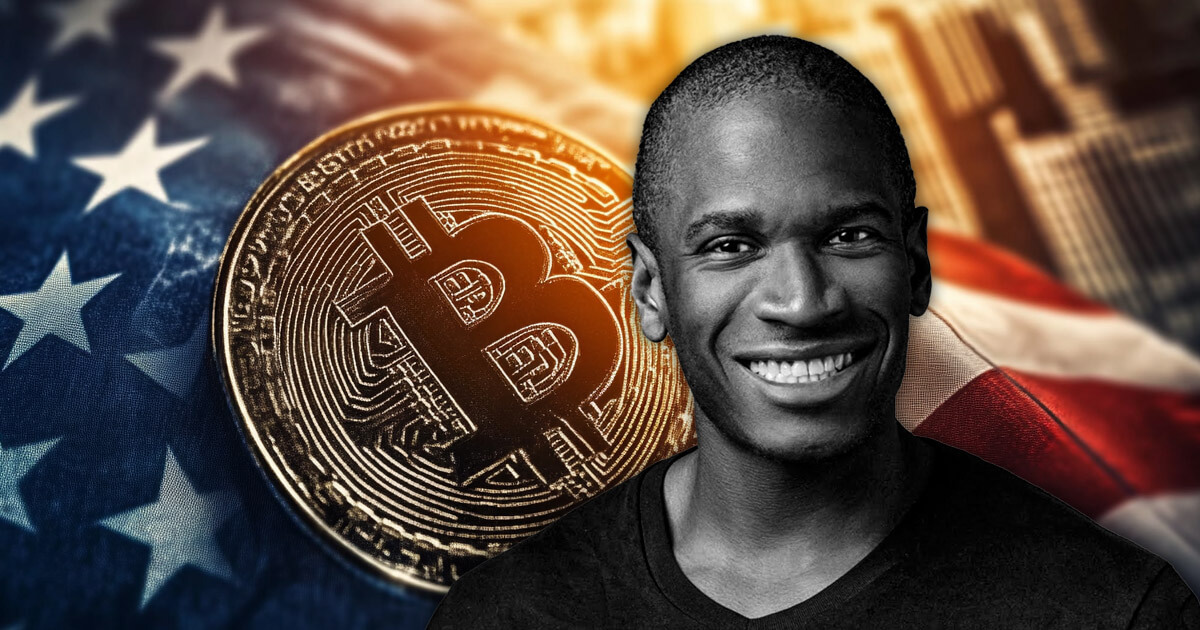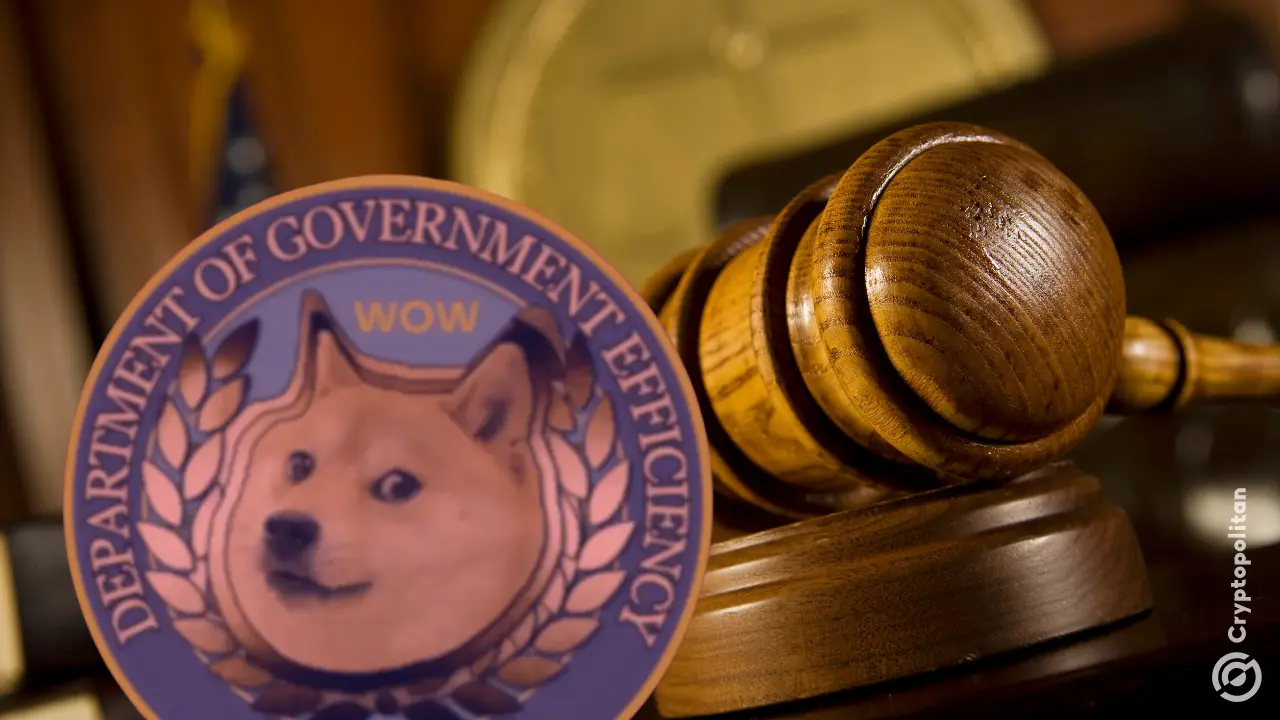South Korea’s Crypto Traders and the ‘Kimichi Premium’
Recent Reports from Newsis
South Korea’s local media, Newsis, recently reported the case of certain crypto traders who had sent about $3 billion overseas in a bid to profit from the ‘Kimichi Premium.’ Interestingly, the court found 14 out of 16 of these traders not guilty despite their alleged actions.
How This Group of Crypto Traders Operated
These crypto traders are said to have sent these sums of money through local banks under the guise of international trade payments, taking advantage of the price difference between cryptocurrencies in South Korea and other countries. This practice, known as the ‘Kimichi Premium,’ allowed them to make significant profits by buying crypto at a lower price in South Korea and selling it at a higher price overseas.
Despite the legal implications of their actions, the court’s decision to find the majority of these traders not guilty has sparked controversy and raised questions about the regulation of crypto trading in South Korea.
How Will This Affect You?
If you are a crypto trader in South Korea, this case could have implications for how you conduct your transactions and the potential risks involved in taking advantage of price differences between different markets. It may also lead to increased scrutiny and regulation of crypto trading activities in the country.
How Will This Affect the World?
The outcome of this case highlights the challenges of regulating the global cryptocurrency market and the difficulty of enforcing laws across international borders. It also raises questions about the accountability of individuals engaging in questionable practices to profit from price differentials, and the potential impact on market stability and investor confidence.
Conclusion
As the world of cryptocurrency continues to evolve and expand, cases like this serve as a reminder of the need for clear regulations and oversight to ensure the integrity of the market. The decision in the ‘Kimichi Premium’ case underscores the complexities and challenges inherent in regulating crypto trading activities, and the importance of staying informed and cautious when engaging in such transactions.





